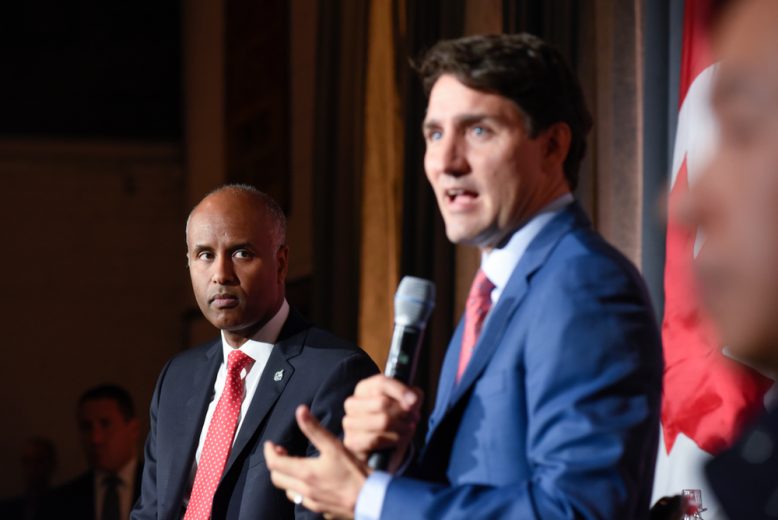
At the 2022 Union of BC Municipalities (UBCM) Convention, delegates from BCREA and five of BC’s real estate boards met with municipal leaders to discuss how housing supply and affordability issues have impacted their communities. In advance of the upcoming civic elections, we are pleased to share what we’ve learned to help inform housing affordability discussions.
Embrace the diversity of Housing Supply Options
While rental housing is part of the solution to our housing crisis, Coquitlam Mayor Richard Stewart supports BCREA’s call for more housing supply to address housing affordability. Mayor Stewart reiterated that his municipality has not abandoned the idea that homeownership should be the ultimate goal for families.
One crucial component of addressing the need for supply is illustrated in BCREA’s report, A Better Way Home, where we advocate for the replacement of single-detached housing with more “Missing Middle” housing types (duplexes, triplexes, and fourplexes) to allow for more gentle densification. The demand for more Missing Middle housing has been echoed in many Housing Needs Reports from the Metro Vancouver region, including the cities of Langley, Maple Ridge, North Vancouver, Vancouver, as well as the District of West Vancouver.
“Having adequate, affordable housing options is a fundamental human need,” says Jeff King, CEO of the Real Estate Board of Greater Vancouver. “For too long, our region has struggled to ensure availability of the volume and variety of housing to meet this need.”
As the demand for more attainable, family-friendly housing options continues to rise, advancing Missing Middle housing options will become increasingly more crucial to British Columbians’ housing goals.
Increase Collaboration between Stakeholders and Government
Another major theme at UBCM’s housing affordability discussions is the importance of collaboration between stakeholder groups and levels of government.
As Mayor Stewart noted, if some cities are unwilling to prioritize housing needs, this exacerbates housing issues in neighboring cities and communities. We need to work together as we all share the responsibility to address housing affordability challenges.
BCREA continues to advocate for more collaboration among community stakeholders and all levels of government. A coordinated, collaborative approach is necessary to comprehensively identify obstacles to meeting housing supply demands, across the continuum of housing needs.
Other cities in the Metro Vancouver region, such as Burnaby and Langley, have identified the importance of collaboration between stakeholder groups and levels of government in their Housing Needs Reports.
Specifically, The City of Langley’s report recognizes the benefit of collaboration — improved resource sharing and the ability to effectively address British Columbians’ housing needs.
“Meaningful progress requires long-term planning and collaboration among all levels of government and community stakeholders.” Says Jeff King, “No one group or jurisdiction can do this alone and the real estate sector is willing to work with others to help tackle this regional challenge.”
Understanding the diversity of housing supply options and the necessity of collaboration will help voters make informed decisions. And as we approach the upcoming civic elections, which will be held on October 15, we encourage you to learn about the candidates running for councillors and mayors in your municipality.
To subscribe to receive BCREA publications such as this one, or to update your email address or current subscriptions, click here.
-
 Building Hope: Canada’s Housing Plan in Budget 2024
Building Hope: Canada’s Housing Plan in Budget 2024 -
 Federal Foreign Buyers Ban is in Effect
Federal Foreign Buyers Ban is in Effect -
 Understanding Recent Changes to Age Restrictions in Strata Corporations
Understanding Recent Changes to Age Restrictions in Strata Corporations -
 Federal Government Amends the Foreign Buyers Ban Regulations
Federal Government Amends the Foreign Buyers Ban Regulations











